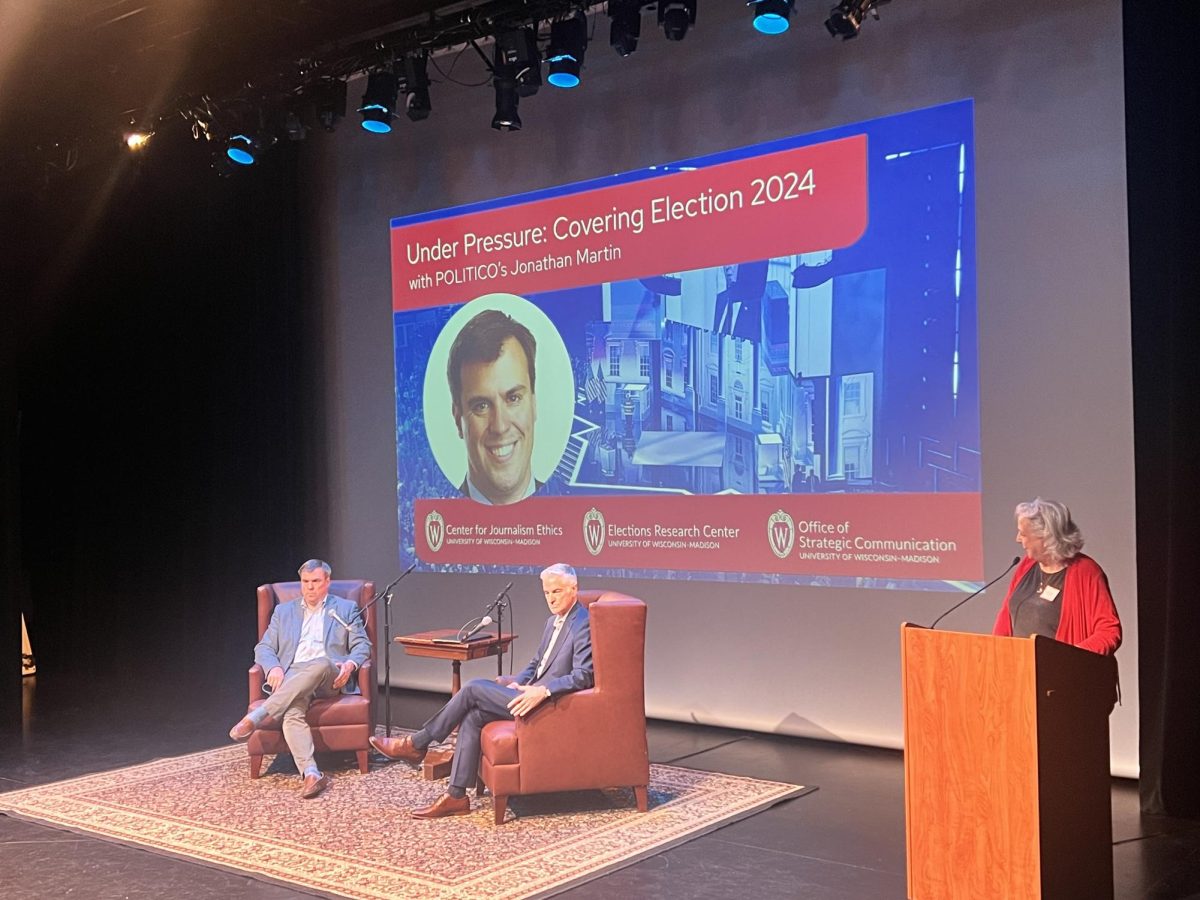Madison City Council members met Thursday to discuss tenant rights issues and to analyze how the Madison Police Department handles complaints.
Ald. Brenda Konkel, District 2, who also serves as director of the Tenant Resource Center, said the Madison Police Department’s dispatcher frequently neglects to send assistance to tenant complaints; these calls are generally considered low priority since no one is in clear and present danger.
Rich Callin of the MPD said one citation was issued to a Madison landlord in the year 2000, and two were issued in 2001.
Callin attributes these citations to the student moving cycles. Two of these citations took place in June, and one in September.
“Numbers are just that,” Callin said. “This information doesn’t indicate that there aren’t other violations.”
Callin said tenant complaints frequently do not warrant a citation, as there is not enough evidence against the landlord.
Callin also said the complaint situation is often comprised of one person making allegations and another denying them.
Because tenants are often students who are unavailable or do not wish to testify against their landlords, more often than not the charges are dropped.
“There is the example of a downtown landlord who is entering residences while drunk. If the residents were to call a dispatcher, they would get to the police department, but they’re not calling,” Konkel said. “A lot of them are young and don’t know any better. They don’t want to get their landlord upset at them.”
According to Nobel Whey of the MPD, officers only receive a day or two of training in tenant rights while attending pre-service academy. While in the academy, officers are taught that landlord complaints are most often civil rather than criminal complaints, and therefore are not strictly enforced by police officers.
Whey said officers generally look to provide immediate assistance for tenants whose landlords have locked them out of their apartment or who complain of disturbances. If there happens to be a disagreement between the tenant and landlord, police officers most often make a first response, make an information report, and then are sent elsewhere. The average beat officer spends his or her time with more immediate and pressing matters.
“[Tenant rights are] not something we are going to enforce a lot,” Whey said. “Even if we are sent, because of the way that things are currently configured, a way to enforce may not be there.”
Callin said the MPD rarely deals heavily with tenant rights issues primarily because as civil issues, they are not as much of a priority as criminal complaints.
“In light of more serious cases, assigning an officer to landlord/tenant disputes wouldn’t happen,” Callin said. “It’s not that it’s not serious for those individuals involved, but by community standards, we have to handle criminal before civil complaints.”







